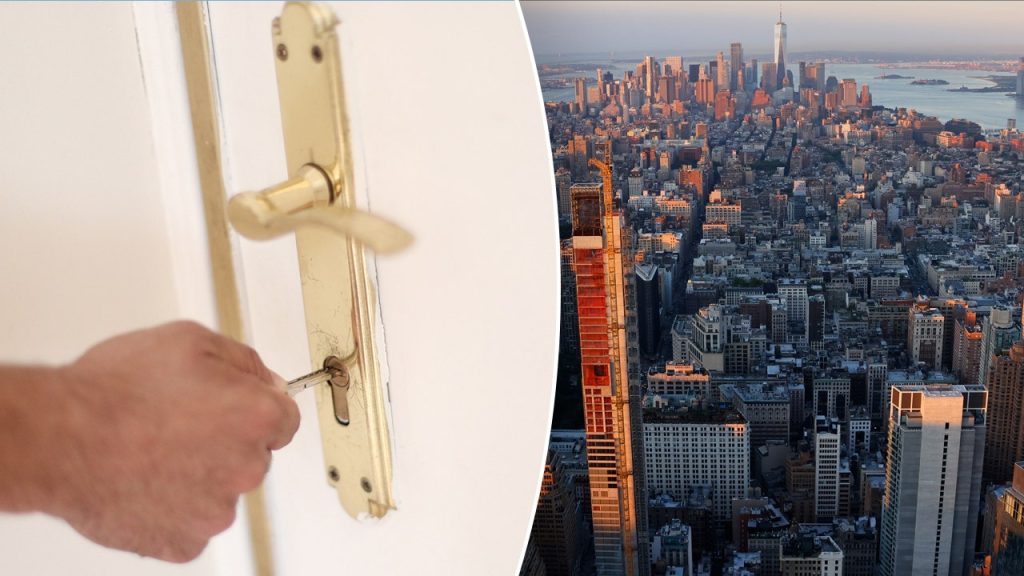Dealing with squatters who invade your home can be a costly and time-consuming process, as each state has its own squatting laws. To better understand the law in your state and determine the best course of action, it is recommended to speak with a lawyer who specializes in landlord-tenant disputes. Self-help eviction, which involves removing a tenant without using the court process, is an option that some homeowners consider. This can include changing locks or turning off utilities, but self-help evictions are illegal in most states and can have varying consequences.
While self-help evictions may be considered legal in some states for removing tenants, such as in New York, they can become more complicated when dealing with squatters. Squatters are not in lawful possession of the property, allowing for the possibility of self-help eviction in certain cases. However, it is not a recommended method due to the high consequences, potential for legal issues, and lack of favorability from the courts. Squatters often know how to navigate the legal system and may possess fake documentation to prove residency, making it more challenging for homeowners to remove them.
In situations where a homeowner is overtaken by squatters, mental and physical ailments can develop due to the stressful circumstances. Expert suggestions on how to handle squatters include calling the police and having documentation to prove ownership ready. Video surveillance can also be helpful in providing evidence of the situation. If the police are unable to remove the squatter, it is advisable to consult with a lawyer in your state to determine the next steps to take. Squatters often try to claim certain occupancy rights, and disputes may lead to a trial where the squatter is usually allowed to remain on the property until a resolution is reached.
Stories of homeowners dealing with squatters have led to changes in laws to protect homeowners from such situations. For instance, in Florida, a landlord’s experience in evicting a squatter helped pass a bill to provide more protection for homeowners. Laws typically require a judicial process for removing occupants from a property, and self-help evictions are generally discouraged due to the legal risks involved. It is essential for homeowners to be aware of the laws in their state and consult with legal experts before taking action against squatters to avoid facing potential prosecution or consequences.
In conclusion, dealing with squatters invading your home can be a complex and challenging process, requiring a thorough understanding of state laws and legal options available. Self-help eviction, although considered in some cases, is generally illegal in most states and can lead to legal consequences for homeowners. Seeking legal advice and assistance from specialists in landlord-tenant disputes can help homeowners navigate the legal complexities of removing squatters from their property and avoid potential issues. It is essential to gather evidence, such as documentation and video surveillance, to support your case and work towards a resolution with the assistance of legal resources.


